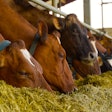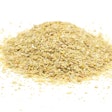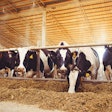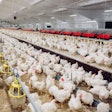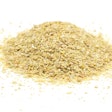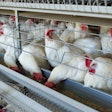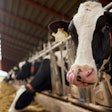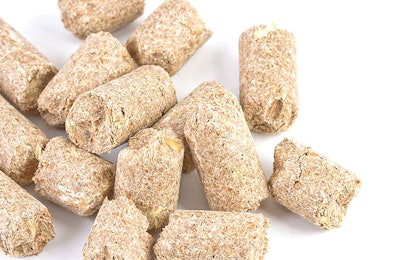
I was planning on keeping quiet on this subject, if only because it is more of a veterinarian issue, but someone needs to set the record straight by forcing the matter from either side.
First, it was porcine epidemic diarrhea (PED) virus and the use of plasma, now it is African swine fever (ASF) and the additives from Asia. Tomorrow can be something else that will stop us from importing cereals or soy from here or there. At the end, we all conclude it is not the feed, or at least it is not just the feed that causes disease spread, but the damage is already done. Here, we need to separate politics and marketing from science, and practice and common sense from emotions.
Yes, animal protein sources (and in general, all ingredients derived from animals) can be the vector of disease spread, but not necessarily more than other ingredients. If some such ingredients appear to be more sensitive compared, for example, with corn, it is so only because they are not treated properly. But the same holds true about all kinds of ingredients from animal, plant, bacterial, or even just chemical nature. Contamination can happen with any product and ingredient. It is not so much a matter of the product’s nature but mostly, if not entirely, a matter of quality control.
We only need to consider corn and mycotoxins. Blaming and banning corn because it might (and occasionally does) bring mycotoxins into animal feeds is not reasonable. Instead, we try to find ways to minimize and mitigate the problem. The same should happen with animal-derived proteins. Otherwise, we risk losing not only a valuable source of proteins, but also a plethora of functional bioactive components that are often associated with such ingredients.
Therefore, instead of falling for the easy but expensive solution of banning animal ingredients from feeds, one should focus on sourcing such ingredients (and everything else for the same reason) only from reputable suppliers with a proven record on quality and safety assurance. Anything else is just (bad) politics and (short-sighted) marketing for quick profiteering.








